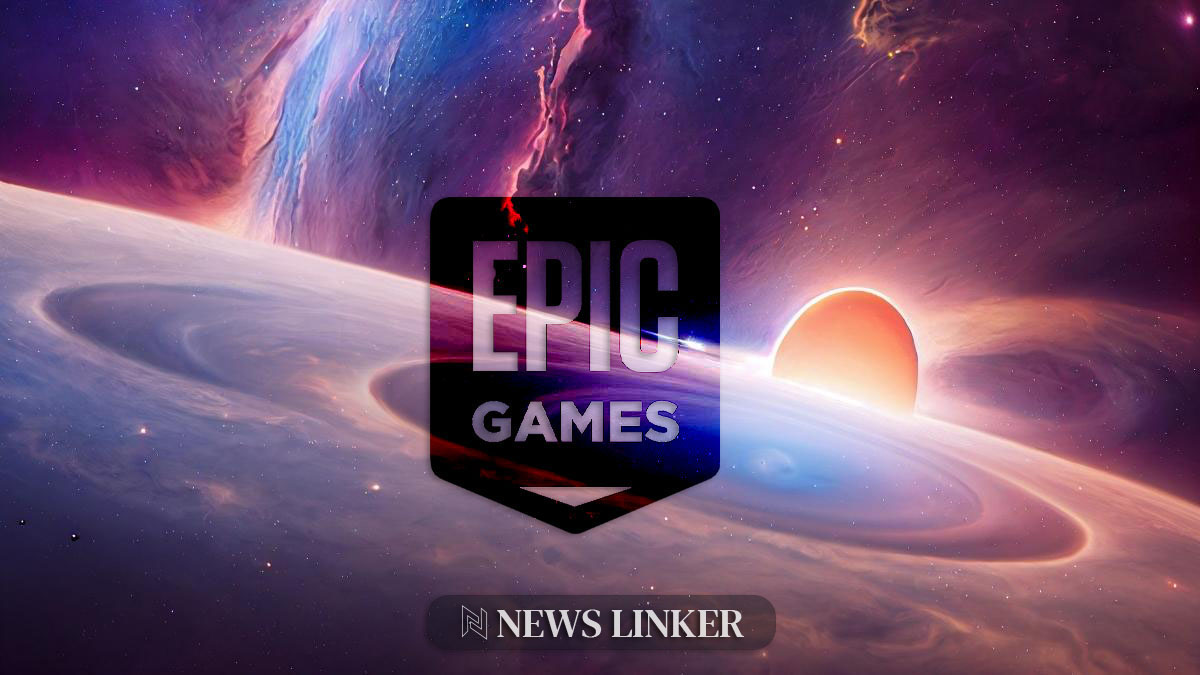Epic Games, a prominent player in the gaming industry, recently shared its views on the participation of underage individuals in creating monetizable content. This discussion gains importance in light of a controversial statement from a Roblox executive, which has sparked widespread debate about ethical considerations in youth digital labor. Epic Games’ policy, which restricts such activities to adults over the age of 18, labels the work as “professional labor” and is designed to ensure that content creation complies with labor laws and maintains professional standards.
Within the digital creative industries, the involvement of minors in content creation has been a contentious issue for some time. Companies like Epic Games and Roblox have developer programs that allow creators to generate content, which can then be monetized. These platforms have become arenas of innovation and entrepreneurship. However, the contrasting approaches to underage participation between these companies highlight differing philosophies and potential impacts on the industry. While Epic Games enforces an age limit to align with legal and ethical standards, it has expressed willingness to reconsider these restrictions where legally permissible, indicating a nuanced stance toward future policy revisions.
Comparative Industry Practices
Other firms in the technology and gaming sectors have also grappled with similar dilemmas. For instance, according to the article “Teen Developers and the World of Game Design” on Engadget, many platforms encourage young developers, providing them tools and a portion of revenue generated from their creations. Likewise, VentureBeat’s article “Youth Coding: Empowerment or Exploitation?” discusses the thin line between fostering creativity in youth and potentially exploiting them. Both articles underscore the industry’s ongoing struggle to balance empowerment with ethical responsibility.
Challenges in Policy Implementation
The challenge of implementing age-related policies in content creation revolves around ensuring compliance without stifling creativity. Epic Games’ executive Saxs Persson acknowledges the complexity of funding a creator ecosystem while making creativity accessible to all. Persson suggests that adjustments to the age policy may happen, but only within a framework that remains mindful of both ethical concerns and the professional nature of the work involved.
Public and Corporate Perspectives
Public reaction to the policies of companies like Epic Games and Roblox often reflects broader societal concerns about child labor and digital exploitation. These debates are influenced by cultural perceptions of work, childhood, and technology. Companies face the dual challenge of fostering an inclusive environment for young creators while safeguarding their rights and well-being.
Useful Information
- Epic Games maintains an 18+ policy for monetizing content creation.
- The company is open to policy adjustments in legally permissible regions.
- Public scrutiny often influences corporate policies on underage labor.
In conclusion, Epic Games’ cautious approach to underage content creation reflects a broader industry trend towards responsible innovation. By prioritizing professional labor standards, the company aims to protect young individuals from potential exploitation while also exploring possibilities for more inclusive policies. As the discussion evolves, it will be critical for policymakers, companies, and communities to collaborate in crafting regulations that nurture young talent while ensuring their safety and rights in the digital economy.








